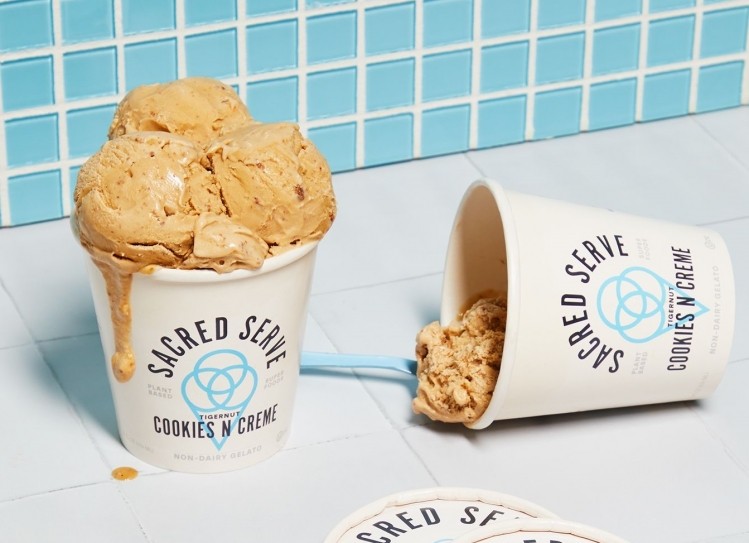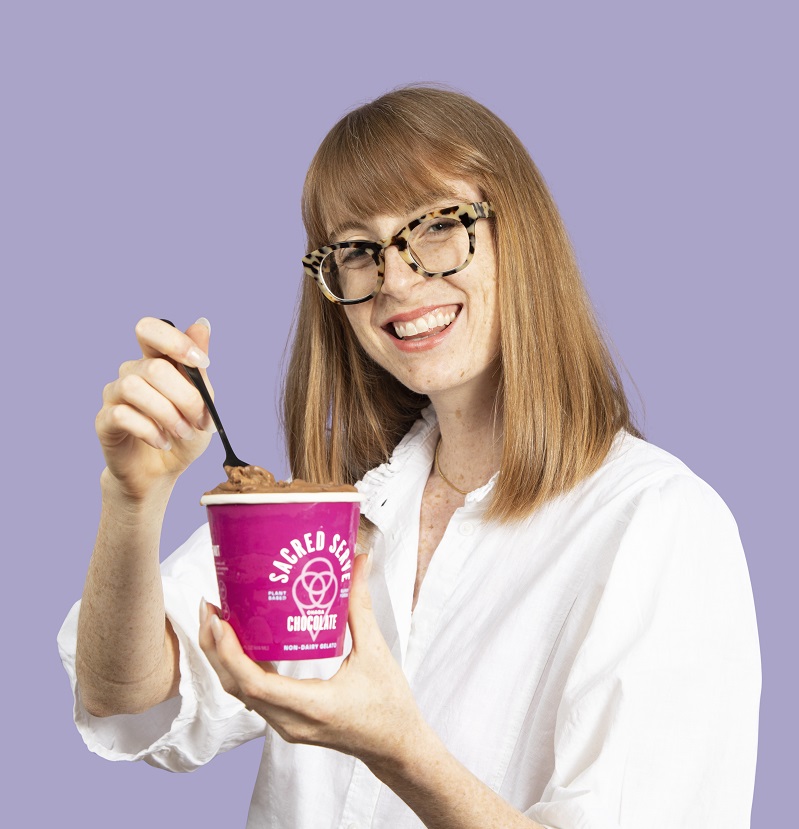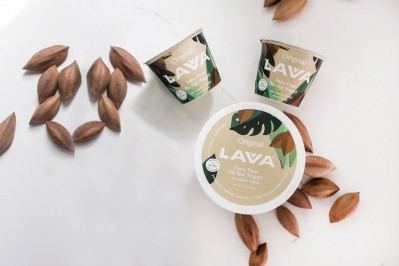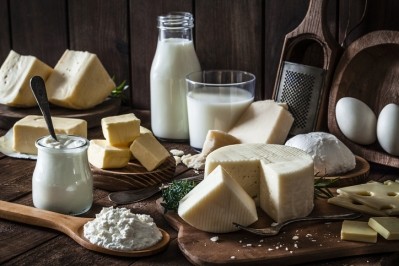'We've only really just hit our stride,' Sacred Serve takes 'coconut meat' non-dairy gelato to Whole Foods stores nationwide

Made from fleshy, soft coconut meat found in young green coconuts (the same coconuts used for coconut water vs. the brown mature coconuts used for coconut milk) and combined with nutrient-dense superfoods, adaptogens, and medicinal mushrooms, Sacred Serve is committed to bringing healing whole foods to a category synonymous with indulgence and guilt.
"The biggest thing I wanted to make sure was that you actually feel better after eating this product as opposed to weighed down or on a sugar crash," Sacred Serve founder and CEO Kailey Donewald told FoodNavigator-USA.
Using upcycled coconut meat, its main ingredient provides several benefits from both a nutrition and sensory perspective, claimed Donewald.
According to Donewald, the coconut meat ingredient contains all five essential electrolytes and fiber, and is packed with additional vitamins and minerals. Sacred Serve products also contain half the calories and half the fat of most coconut milk-based ice cream products.
"What it [coconut meat] does for our product is it gives it a really creamy base so we don’t have to rely on gums and stabilizers," she said.
"It also has this really subtle coconut flavor so it’s a lot easier to pick up flavors from other ingredients. Our chocolate tastes like chocolate, not coconut chocolate."
Rapid growth mindset: 'We had to 5-10x our business in a matter of three months'
Donewald noted that its slow and steady approach of growing in the brand's local market of Chicago has helped it develop strong relationships with retailers including Whole Foods.
"Our big launch was in 2019 when we launched into about 30 Whole Foods stores. We were doing our own deliveries, doing our own merchandising of shelves. This was coming into the pandemic so we went through all those supply chain issues during that time working hand in hand with Whole Foods. During that time we established a really good relationship with Whole Foods both locally and on a regional level," she said.
To support its rapid acceleration into Whole Foods stores nationwide, Sacred Serve had to quickly scale up its manufacturing capabilities and restructure its internal team.
"We had to 5-10x our business in a matter of three months. We’ve onboarded a new manufacturer down in Florida who’s incredible. The product’s integrity is going to be better than it ever was," shared Donewald.
The brand also recently made the move from single-serve packaging to full pint sizes, a move that has helped open new doors for the brand and provided greater value to consumers.
"We’re able to keep the price the same and get consumers an extra 4 ounces of product. And it’s beneficial for us on the manufacturing side because we’re able to automate the process," noted Donewald.
By the end of the year, Sacred Serve's full line will be made from fully-compostable materials, a huge leap for the broader ice cream and frozen desserts category.
"Historically, no ice cream pints are recyclable. They look like just paperboard, but there’s a moisture barrier on the inside that prevents the product from leaking out. It’s harmful because most consumers don’t know that (and recycle the container anyway spoiling an entire load of recyclable materials)," said Donewald.
"We’re really hoping that every ice cream company and every brand in the freezer brand will transition to compostable materials as well."
Non-dairy ice cream category, what's in store?
As for the competitive landscape of non-dairy ice cream, Donewald predicts an imminent shakeout of the category.
"I’ve seen a lot of people come in and try to make a marketing play with adding functional elements to their product, but their base recipe still contains a lot of crappy ingredients," said Donewald.
"I think we’re going to see a lot of these new brands fall off because I’m still seeing these base recipes really lacking whether it’s the ingredients or the taste profile. I think a lot of people rushed to market to capitalize on this and they’re going to die out because consumers will see through it."
Asked about the emergence of animal-free dairy products using dairy proteins made by microbes instead of cows and other more tech-fueled innovations in the space, Donewald said, "What I see happening is there are two consumers. One is looking for sustainability and I think the tech products fall under that, and I think that has a lot of legs mostly because there’s a lot of money behind it.
"I think we're going to see brands like Eclipse and Brave Robot take a good chunk of market share just because they’re introducing something new that has a sustainability side to it," she said.
The other consumer, according to Donewald, is one in search of products made with whole food ingredients, a trend she believes will stand the test of time.
"I’m seeing the trends come and go, but I think this whole food diet is here forever. And as consumers become more educated every day around health and nutrition those are the brands that are going to win," said Donewald.
























